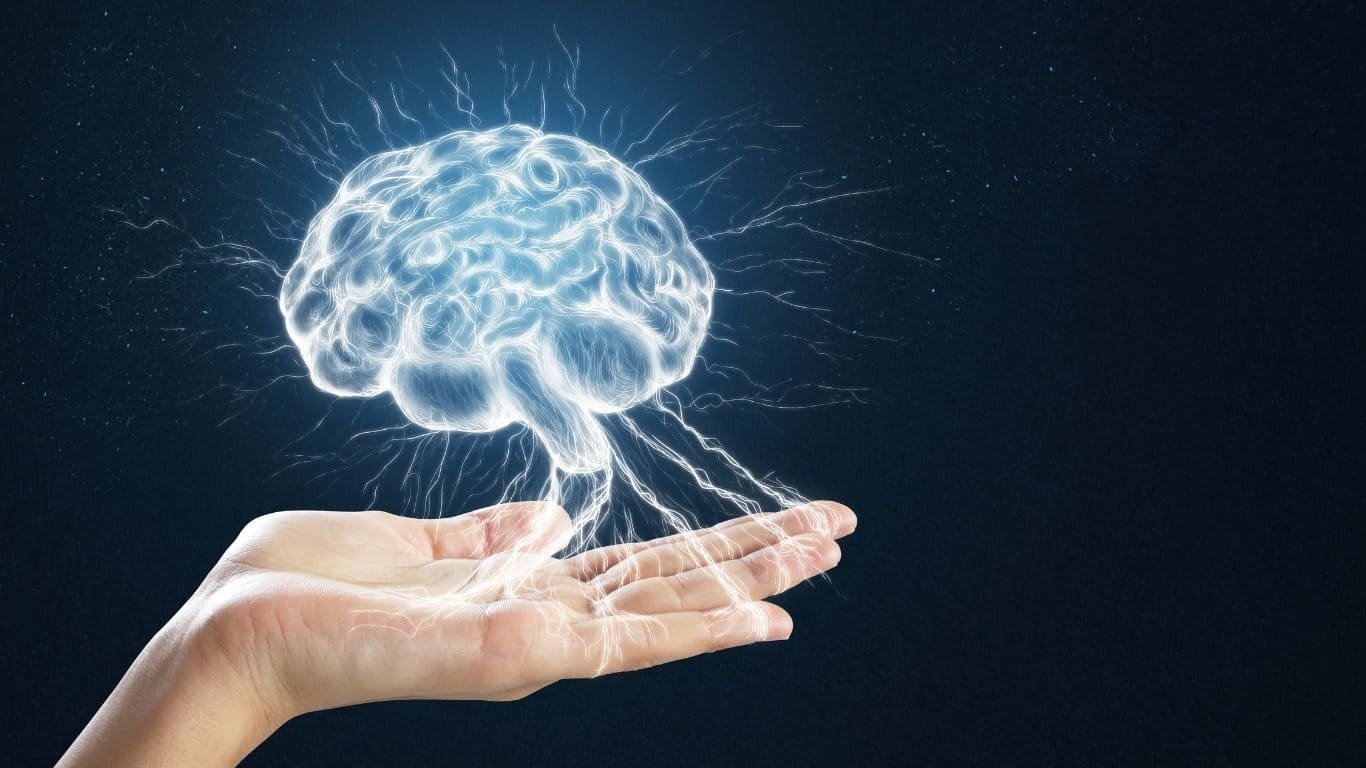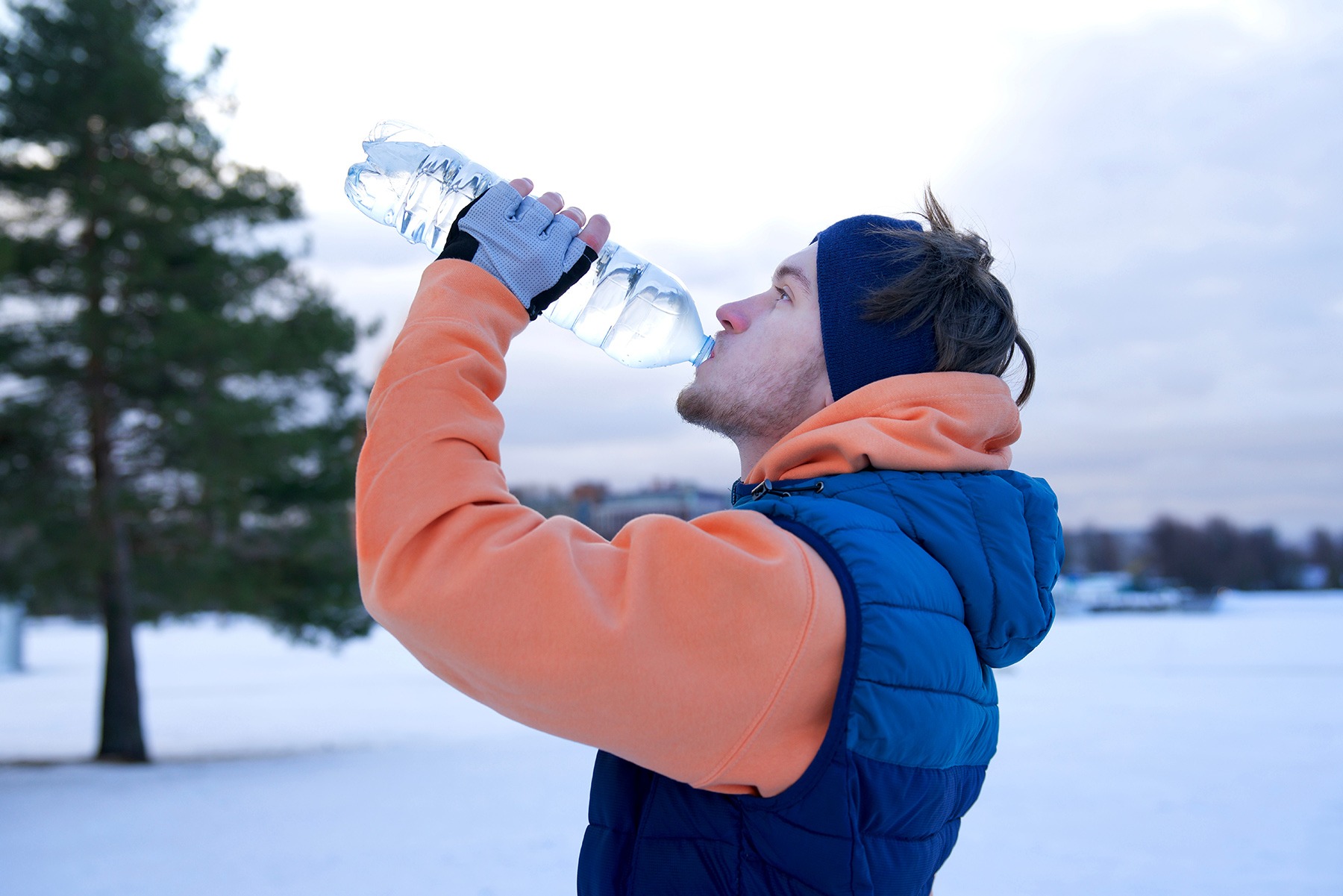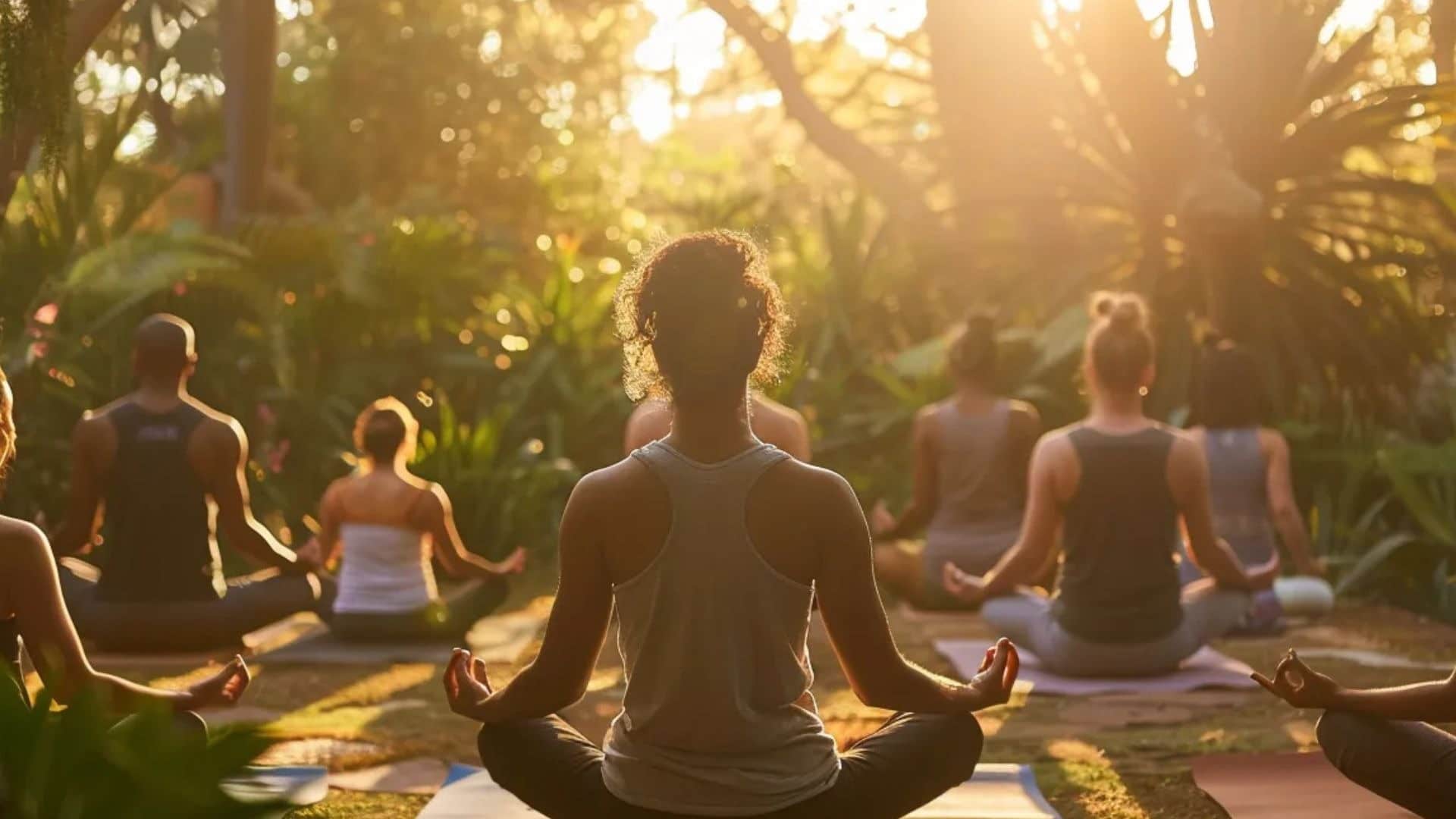
Natural Ways to Improve Mental Health and Reduce Anxiety
Mental health is just as vital as physical health, yet it often doesn’t receive the same attention. In today’s fast-paced world, anxiety and stress have become common issues affecting millions globally. While therapy and medication are effective treatments for some, many people seek natural ways to improve mental health and reduce anxiety without relying solely on pharmaceuticals.
Here’s a comprehensive guide to effective, science-backed natural approaches that support emotional well-being and reduce anxiety.
1. Prioritize Regular Physical Activity
Exercise is one of the most effective natural remedies for anxiety and depression. Physical activity releases endorphins, the body’s natural mood lifters. It also helps regulate stress hormones such as cortisol.
Best exercises for mental health:
-
Walking or jogging in nature
-
Yoga or Pilates
-
Strength training
-
Swimming
-
Dancing
Tip: Just 30 minutes of moderate exercise, 3–5 times a week, can yield noticeable mental health benefits.
2. Adopt a Balanced, Nutrient-Rich Diet
What you eat can have a profound effect on your brain function and mood. Diets high in processed foods, sugar, and unhealthy fats are linked to higher levels of depression and anxiety, whereas whole foods rich in vitamins, minerals, and antioxidants can enhance mental clarity and calmness.
Top brain-boosting foods:
-
Fatty fish (rich in Omega-3s)
-
Leafy greens
-
Berries
-
Nuts and seeds
-
Fermented foods (like yogurt, kimchi, or kefir)
-
Whole grains
Tip: Try the Mediterranean or DASH diet for a well-rounded, mental-health-supportive approach.
3. Practice Mindfulness and Meditation
Mindfulness and meditation practices help ground you in the present moment and reduce the cycle of worry and anxious thoughts.
Benefits of mindfulness:
-
Reduces stress levels
-
Improves emotional regulation
-
Increases self-awareness
-
Enhances concentration
How to get started:
-
Use guided meditation apps like Headspace or Calm
-
Practice mindful breathing for 5–10 minutes daily
-
Try mindful eating or walking
4. Get Quality Sleep
Poor sleep can significantly affect mood, energy levels, and cognitive function. Insomnia and anxiety often go hand-in-hand, but improving sleep hygiene can greatly enhance your mental health.
Tips for better sleep:
-
Stick to a consistent sleep schedule
-
Limit screen time before bed
-
Avoid caffeine and alcohol in the evening
-
Keep your bedroom cool, quiet, and dark
-
Use calming teas like chamomile or lavender
5. Limit Caffeine and Alcohol
While caffeine can provide a temporary boost, it can also increase feelings of nervousness and jitteriness. Alcohol, often used as a coping mechanism, can interfere with brain chemistry and worsen anxiety over time.
Alternatives:
-
Herbal teas (lemon balm, passionflower, chamomile)
-
Decaf options or chicory root coffee
6. Connect with Nature
Spending time in natural settings has been shown to lower stress, reduce anxiety, and boost mood.
Ways to embrace nature:
-
Take a walk in a park or forest (forest bathing)
-
Try gardening or planting flowers
-
Go hiking, biking, or outdoor yoga
Fun fact: Even viewing scenes of nature or listening to natural sounds can calm the mind.
7. Foster Social Connections
Human beings are inherently social. Meaningful relationships provide emotional support, reduce loneliness, and protect against mental health issues.
Suggestions to stay connected:
-
Schedule regular catch-ups with friends or family
-
Join a hobby club or group activity
-
Volunteer for a cause you care about
-
Talk openly about how you’re feeling
8. Practice Gratitude and Journaling
Focusing on the positive can change the brain’s thought patterns and reduce the intensity of negative emotions.
Gratitude practices:
-
Keep a gratitude journal—write down 3 things you’re grateful for daily
-
Reflect on positive moments before bed
-
Share your appreciation with others
Journaling also helps in processing feelings and reducing overthinking. It’s especially helpful for those dealing with chronic anxiety.
9. Use Natural Supplements (With Caution)
Certain natural supplements have shown promise in reducing symptoms of anxiety and enhancing mental well-being.
Popular supplements include:
-
Ashwagandha – reduces cortisol and promotes calmness
-
Rhodiola Rosea – enhances resilience to stress
-
L-Theanine – found in green tea, promotes relaxation
-
Magnesium – supports the nervous system
-
Valerian root – may help with sleep and anxiety
Important: Always consult a healthcare provider before starting any supplement, especially if you’re on medication.
10. Limit Screen Time and Digital Overload
Constant notifications, social media comparison, and information overload can trigger anxiety and feelings of inadequacy.
Tips to unplug:
-
Set screen-free hours, especially before bedtime
-
Use focus apps to reduce distractions
-
Spend more time in real-life social interactions
11. Practice Deep Breathing Techniques
When anxious, breathing becomes shallow. Deep breathing can instantly help relax your nervous system and slow down racing thoughts.
Simple technique: 4-7-8 Breathing
-
Inhale for 4 seconds
-
Hold for 7 seconds
-
Exhale slowly for 8 seconds
-
Repeat 4–5 times
This method activates the parasympathetic nervous system, promoting calm.
12. Try Aromatherapy
Essential oils can support relaxation and uplift mood.
Effective oils for anxiety relief:
-
Lavender
-
Bergamot
-
Ylang ylang
-
Frankincense
-
Chamomile
Use through a diffuser, bath, or by applying (with a carrier oil) to pulse points.
Conclusion
Improving mental health and reducing anxiety doesn’t always require major lifestyle overhauls or prescriptions. By incorporating these natural, sustainable habits into your daily life, you can build emotional resilience, reduce stress, and promote long-term well-being. Each small change adds up—start with one or two strategies and build from there. And remember, seeking professional help is always a smart and courageous step if your symptoms persist or worsen.
FAQs
1. Can natural remedies completely replace therapy or medication?
Not always. Natural remedies can support mental health but may not be enough for severe conditions. It’s best to consult a mental health professional for personalized guidance.
2. How long do natural anxiety remedies take to show results?
Some methods, like deep breathing or walking in nature, work immediately. Others, like diet changes or supplements, may take a few weeks.
3. Is exercise better than medication for anxiety?
Exercise can be as effective as medication for some people with mild to moderate anxiety, but results vary. Often, a combination of methods works best.
4. Are there side effects to natural supplements?
Yes. Even natural supplements can have side effects or interact with medications. Always consult your doctor before starting any new supplement.
5. Can diet alone improve mental health?
While diet plays a significant role, it’s most effective when combined with other strategies like sleep, exercise, and mindfulness.
6. What’s the easiest natural method to start with?
Start with deep breathing and short walks in nature—they’re simple and offer quick relief.
7. Can I practice meditation even if I’ve never done it before?
Absolutely. Start with 5 minutes a day using a guided app or video. No experience is required.
8. How does journaling help with anxiety?
Journaling allows you to express and process your thoughts, which can reduce mental clutter and improve clarity.
Sign up with your email and always get notifed of zerodevicesnet Lifestyles latest news!



